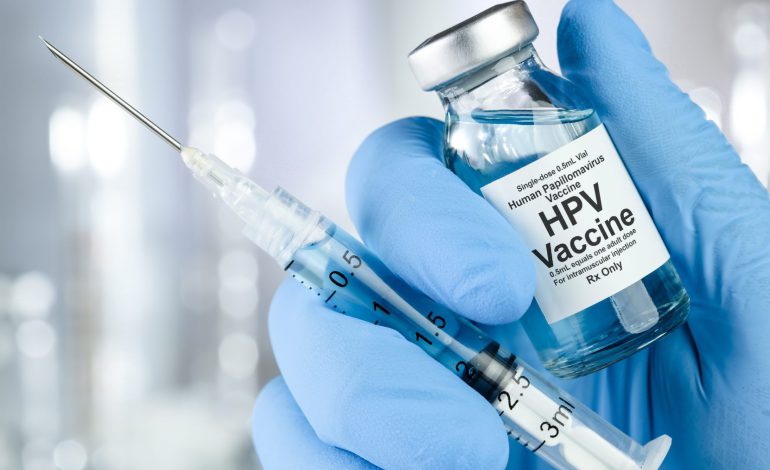The HPV Vaccine and what you should know about it

Cervical cancer, which is caused by Human Papillomavirus (HPV), is the second most common cancer in women aged fifteen to forty-four years in Kenya. At the same time, experts estimate that some 5, 250 women in the country are diagnosed with the disease while about 3, 286 cervical cancer deaths occur every year.
However, scientists say that these statistics can reduce based on the fact that cervical cancer is one of the few cancers that is almost preventable through the HPV vaccine. In Kenya, the government launched the vaccine in 2o19. Here is what you need to know about it.
Priority group
The priority group targeted in the HPV vaccine campaign is adolescent girls between ten to fourteen years.
The reason for targeting girls in their preteen age is because they are not yet sexually active. Since one of the ways cervical cancer is spread, is through sex, health experts say the two doses of HPV vaccine administered to preteens offer protection to the girls by the time they become sexually active.
Scientists say that it is best to administer the HPV vaccine before one is sexually active but insist that there is no harm in administering the vaccine even among sexually active women.
Vaccination
The HPV vaccine is administered to the upper part of the arm in two doses. The second dose is given after six months from the date the first one was administered. A girl who has received an HPV vaccine is given a card indicating that she has been vaccinated against HPV infection.
Kenya became the twelfth country in East and Southern Africa to integrate the HPV vaccine into its routine immunization schedule, making the vaccine more accessible to the public.
Currently, the country is administering the HPV vaccine at no cost as part of the routine vaccines and is available in all public health facilities as long as the facility offers vaccination.
Data is already showing that the HPV vaccine is effective against most HPV strains which account for more than seventy per cent of cervical cancer.
In a nutshell…
Treatment and management of cervical cancer vary depending on the stage and health facility. For instance, the disease is easy to manage if detected in its early stages which is why healthcare professionals recommend regular cervical screening. Even then, the cost of treatment is high. As a result, scientists and doctors advise that the HPV vaccine is the best bet in the management and eradication of the disease.
Featured image : Ministry of Health




